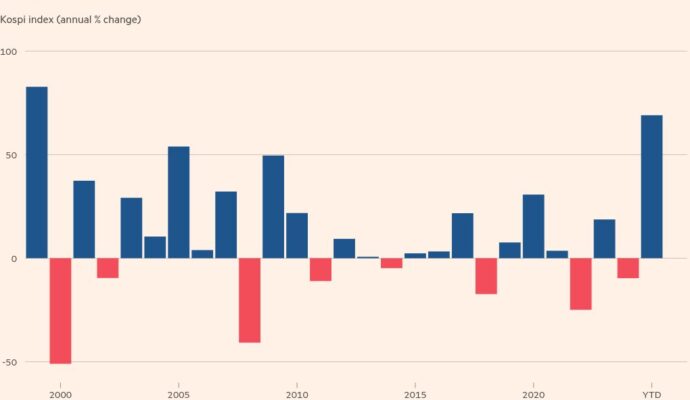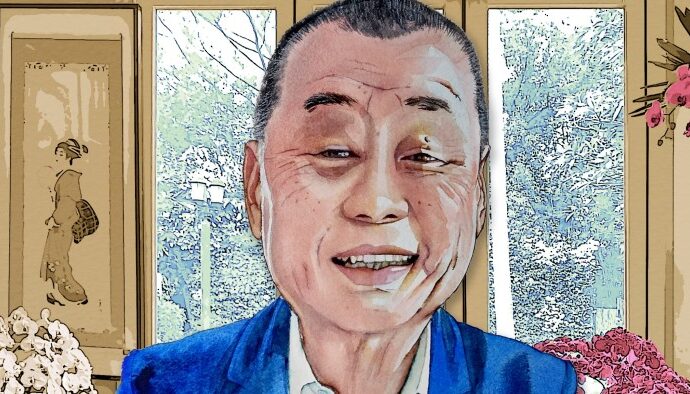Unlock the Editor’s Digest for free
Roula Khalaf, Editor of the FT, selects her favourite stories in this weekly newsletter.
Japan’s ruling party has suffered its worst result in local assembly elections in Tokyo, as residents of the capital used the vote to protest against soaring food prices and low wage growth.
The results of Sunday’s poll underscored the challenge Prime Minister Shigeru Ishiba could face next month in elections for the upper house of Japan’s national parliament.
The Liberal Democratic party, which governs at the national level in a fragile coalition, won just 22 seats in Tokyo’s 127-member metropolitan assembly. That marked a record low for the party, which entered the contest with 30 seats, and included three seats won by candidates who were previously affiliated with the party but not officially endorsed by it.
Analysts suggested that a sizeable loss for the LDP in the upper house vote on July 20 could dent its ability to govern, hand significant bargaining power to the numerous small opposition parties and even force Ishiba’s resignation.
The poll comes as Ishiba, who is battling low approval ratings, has been mired in trade talks with the US after President Donald Trump’s threat to impose steep tariffs on imports from Japan. The economy has also registered record price rises, including for staples such as rice.
The Tokyo assembly election highlighted the fragmentation of Japanese politics and the rise of smaller opposition parties, analysts said.
Among the beneficiaries was the populist rightwing Sanseito party, which secured three seats for the first time. The party, which was founded in 2020, campaigned on slogans including “Don’t destroy Japan any more!”
The LDP lost its leading position in the assembly to the Tomin First no Kai — a “Tokyo-ites” party that was founded by Tokyo region governor Yuriko Koike and works in loose co-operation with the LDP.
Koike, Japan’s most powerful local government official for the past nine years, has pushed a range of policies aimed at raising the birth rate and improving welfare. Her party secured 32 seats, including one affiliated independent.
But Tobias Harris, a political analyst at Japan Foresight, cautioned against interpreting the Tokyo assembly vote as a precursor to the contest in the upper house, which has no equivalent to Koike or her party.
However he said Tokyo’s size made it a useful gauge of the wider mood.
Tokyo’s 11.5mn voters will elect six members to the upper house and represent a large chunk of votes for candidates elected via proportional representation.
There may even be silver linings for Ishiba, added Harris, as momentum appeared to be fading from what were previously a few promising newcomers.
Sunday’s vote in Tokyo was disastrous for the populist Path to Rebirth party, led by Shinji Ishimaru, who finished second to Koike in last year’s gubernatorial election. None of the party’s 42 candidates for the assembly won a seat.


